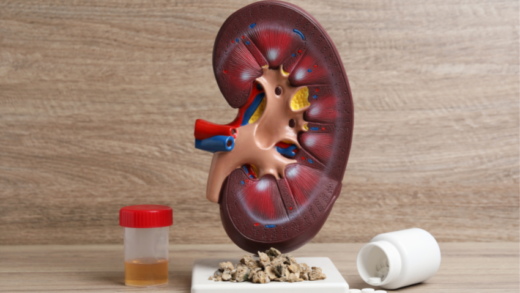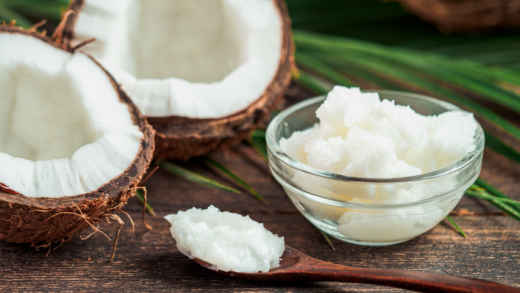Digestive issues can be a real pain – both literally and figuratively. Whether it’s bloating, constipation, diarrhea, gas, or heartburn, digestive issues can make it difficult to go about your day-to-day life.
Fortunately, there are several natural ways to relieve digestive issues and promote healthy digestion. Here are some tips to help you keep your digestive system happy and healthy:
- Eat a high-fiber diet: Fiber is essential for promoting healthy digestion and preventing constipation. Make sure to include plenty of fruits, vegetables, whole grains, and legumes in your diet.
- Stay hydrated: Drinking plenty of water can help flush toxins out of your system and keep your digestive system running smoothly. Aim for at least 8 glasses of water per day.
- Exercise regularly: Regular exercise can help improve digestion by stimulating the muscles in your digestive tract. Aim for at least 30 minutes of exercise per day, such as brisk walking, jogging, or cycling.
- Reduce stress and anxiety: Stress and anxiety can wreak havoc on your digestive system, so it’s important to find ways to manage them. Try yoga, meditation, deep breathing exercises, or other relaxation techniques.
- Identify trigger foods: Certain foods can trigger digestive issues in some people. Keep a food diary to help identify which foods are causing your symptoms and avoid them if possible.
- Chew your food thoroughly: Chewing your food thoroughly can help aid digestion by breaking down food particles before they reach your stomach.
- Avoid trigger foods: Some common trigger foods for digestive issues include spicy foods, fatty foods, dairy products, gluten-containing foods, sugar, and artificial sweeteners.
- Try natural digestive supplements: Natural supplements such as probiotics and digestive enzymes can aid digestion and alleviate digestive issues.
- Practice mindful eating: Eating slowly and mindfully can help you enjoy your food more and prevent overeating, which can lead to digestive discomfort.
Remember, if your digestive issues persist for an extended period or if they are accompanied by severe symptoms such as vomiting or rectal bleeding, it’s best to seek medical advice. But by following these simple steps, you can improve your digestive health and reduce the risk of digestive issues in the future.
Bullet Points:

Eat a High-Fiber Diet
- Helps to regulate bowel movements
- Reduces constipation and bloating
- Lowers the risk of digestive issues
Stay Hydrated
- Prevents constipation
- Promotes healthy digestion
- Reduces the risk of dehydration
Exercise Regularly
- Helps to stimulate digestion
- Reduces bloating and gas
- Promotes regular bowel movements
Reduce Stress and Anxiety
- Reduces inflammation in the gut
- Promotes healthy digestion
- Helps to relieve digestive discomfort
Identify Food Intolerances and Allergies
- Reduces the risk of digestive issues
- Helps to identify trigger foods
- Enables you to make dietary changes
FAQs:
What are the symptoms of digestive issues?
- Bloating
- Gas
- Constipation
- Diarrhea
- Nausea
Can stress cause digestive issues?
Yes, stress can affect digestion and lead to digestive issues.
What aresome common trigger foods for digestive issues?
- Spicy foods
- Fatty foods
- Dairy products
- Gluten-containing foods
- Sugar and artificial sweeteners
Can natural supplements help with digestive issues?
Yes, natural supplements such as probiotics and digestive enzymes can aid digestion and alleviate digestive issues.
When should I seek medical advice for digestive issues?

If your digestive issues persist for an extended period or if they are accompanied by severe symptoms such as vomiting or rectal bleeding, it is best to seek medical advice.
Conclusion:
Digestive issues can be uncomfortable and painful, but there are several natural ways to relieve them. By following the tips outlined in this article, you can improve your digestive health and reduce the risk of digestive issues in the future. Remember to eat a high-fiber diet, stay hydrated, exercise regularly, reduce stress and anxiety, identify trigger foods, chew your food thoroughly, avoid trigger foods, try natural digestive supplements, practice mindful eating, and seek medical advice when necessary. With these simple steps, you can say goodbye to digestive discomfort and enjoy a healthy, happy digestive system.






















